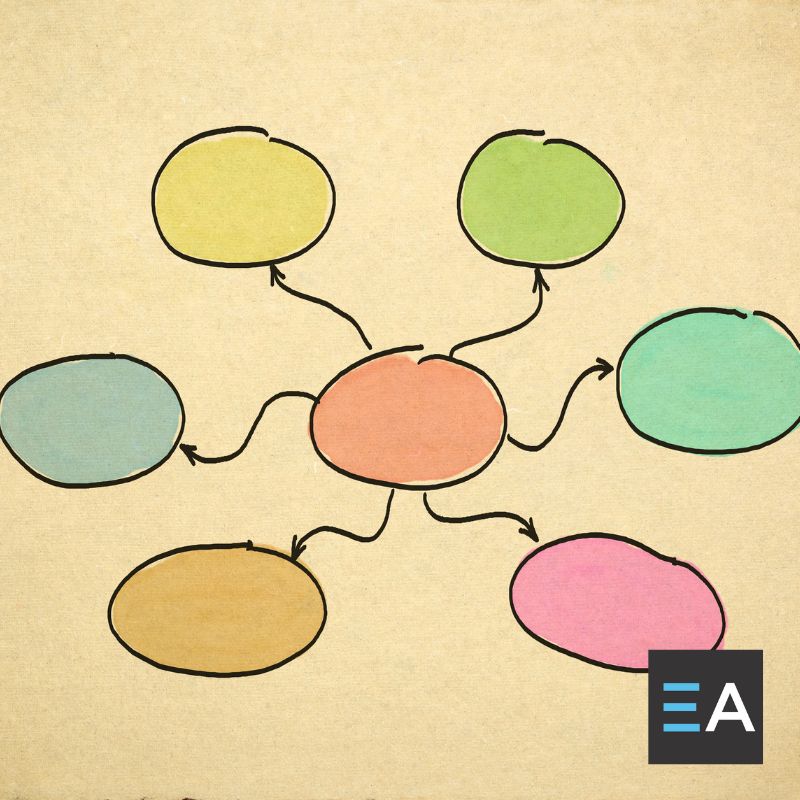
Use the Mind Mapping Method for Your Book Ideas
May 19, 2023
The Pros and Cons of Self-Publishing versus Traditional Publishing
June 6, 2023How to Quote Song Lyrics in Your Story
Do you want to add depth and emotion to your story? Quoting song lyrics is a great way to do it, but doing so in the wrong context can seem cringey or out of touch. To craft an engaging narrative that resonates with readers, it’s important to understand when and how you should use song lyrics. Ready for an in-depth look at lyric quotations? Let’s dive into what knowledge every content marketer and writer needs about quoting song lyrics in a story!
Click here to get a quote on publishing services.
Understand music copyright law and permissions for using songs
Music copyright law can be an intimidating topic, but it’s important to understand if you want to use songs in a legal and ethical way. Whether you’re a musician wanting to cover someone else’s song or a business looking to use music in advertising, you’ll need the proper permissions. Quoting song lyrics without permission can lead to legal troubles and hefty fines. But fear not! With a little research and preparation, you can navigate the complex world of music copyright law and ensure your use of songs is fully authorized.
The fine art of quoting lyrics in writing
When you’re expressing yourself in writing, sometimes song lyrics can perfectly capture what you’re feeling. The fine art of quoting lyrics in writing is a skill that can elevate your work and make it stand out. To start, always identify the title of the song and the artist, as well as the album it came from. Then make sure you quote the lyrics accurately and use proper formatting, such as italics or quotation marks, depending on your style guide. By following these guidelines, you can incorporate song lyrics into your writing in a way that adds depth and meaning without sacrificing professionalism.
Research the song artist, album, and release date
Delving into the background details of a song can be just as fulfilling as listening to the melody itself. It’s fascinating to know the history behind a track and the purpose behind its lyrics. Researching the song artist, album, and release date can be a stepping stone to unraveling answers to many questions surrounding the piece. As a professional sleuth, unearthing tidbits such as the inspiration behind the lyrics and any hidden meanings can make the song all the more meaningful. And who knows, quoting a standout line from the song in a conversation might make you come across as a clever conversationalist!
Adjust your quote to match your story’s tone
When it comes to storytelling, tone is everything. This is also true when it comes to using quotes in your story—they should match the tone and mood you’re trying to set. Don’t be afraid to add in a quote from a song or poem that perfectly captures the essence of what you’re trying to say. Just make sure it fits within the overall flow of your story, and you’ll be set for success.
Get creative with your word choice when describing music
When it comes to describing music, there is truly an art to selecting the right words to capture its tone. It may be tempting to rely on cliches and overused adjectives. Nevertheless, taking the time to get creative with your language can really make a difference. For instance, instead of simply labeling a song as “upbeat,” you could quote a song lyric that embodies its energy. This adds depth and personality to your description and also allows you to showcase your own cleverness and appreciation for the music in question. So the next time you’re tasked with describing a new album or track, try to think outside the box and craft a description that truly does it justice.
Use a metaphor or analogy to create an appropriate mood
Metaphors and analogies are a powerful tool when it comes to creating an appropriate mood or tone. Much like a painter uses color or a writer uses words, a metaphor or analogy can communicate complex emotions and ideas in a way that transcends language itself. As a skilled musician can use a single chord to convey sadness or excitement, a well-crafted metaphor can instantly transport the reader or listener into a different world of thought and feeling. When applied with care and precision, metaphors and analogies can help us better understand ourselves and the world around us in new and unexpected ways. Whether we are trying to inspire, explain, or persuade, these powerful devices offer a window into the human experience that is both universal and unique.
Music is the universal language of emotion—it has the power to speak to our souls and convey powerful messages. Knowing how to appropriately quote music when writing is essential for any author who wants to capture the attention of their readers. When using another artist’s work, make sure you heed copyright laws or obtain permission before using. Researching and taking time to learn about the artist, album, and so forth will establish a strong bond with readers as it shows knowledge and dedication. Furthermore, be creative in word choice when describing music, and use metaphors or analogies to create an appropriate mood. Crafting effective quotes can take your piece of writing to a whole new level, and all aspiring authors owe it to themselves, as well as their readers, to practice this fine art. In conclusion, learning how to use music properly in writing is an important skill that must be acquired if one wishes to create something truly special. For more information on how Elite Authors can help you with your writing needs, contact us today!



